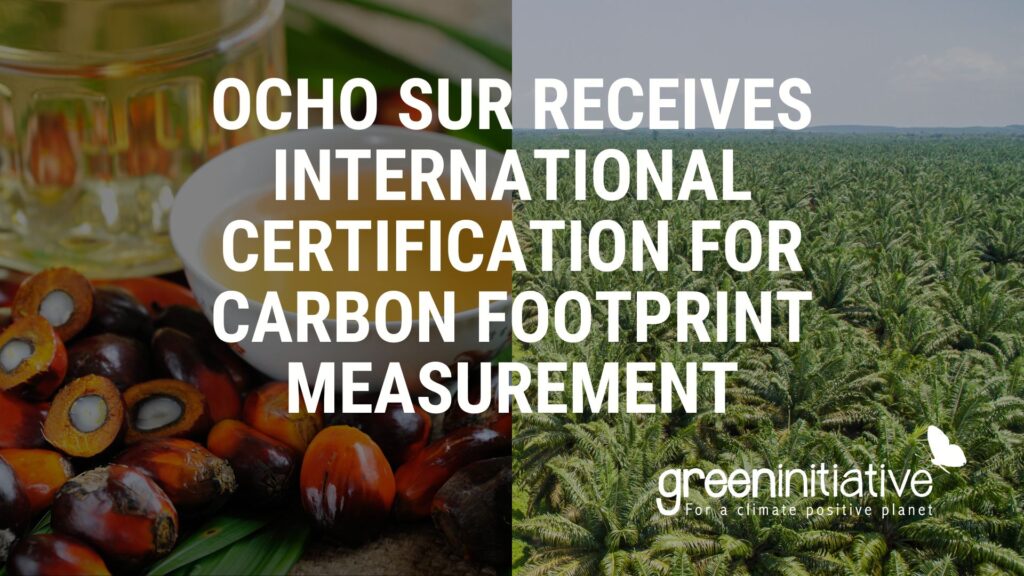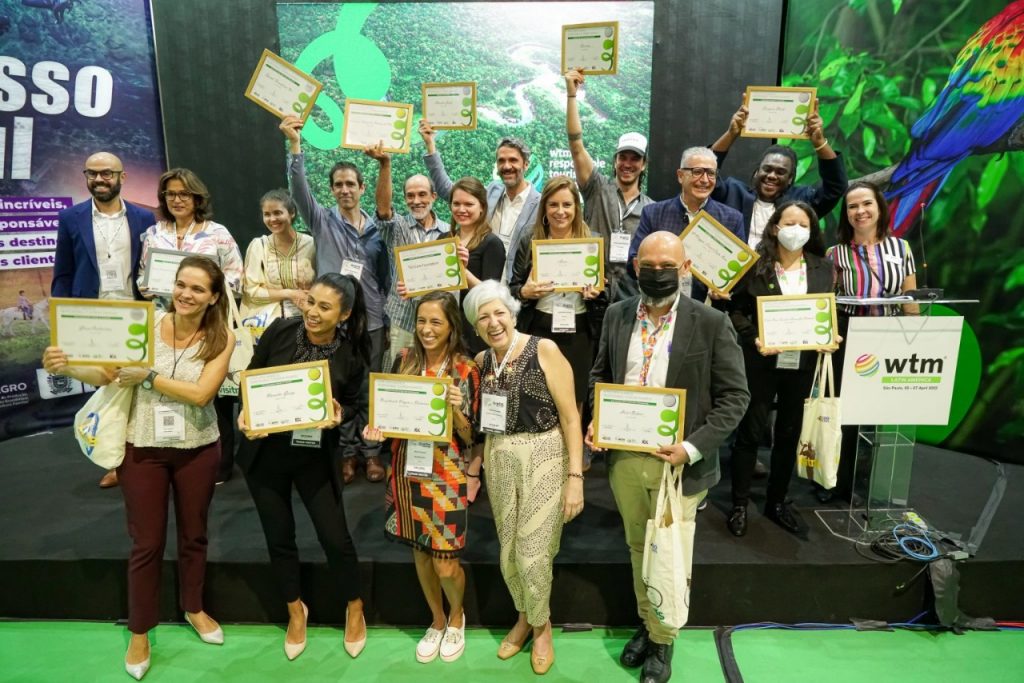How Companies Sharing Climate Commitments are Coming Together to Reduce Transaction Costs and Accelerate Decarbonization
In an era when environmental responsibility is no longer optional, companies worldwide are recognizing the necessity of committing to climate action. This shared commitment is a moral imperative and a strategic business decision. By collaborating, companies are discovering that they can more effectively reduce their transaction costs and accelerate the decarbonization of their operations. The tourism industry provides a compelling example of how this synergy works. Tourism: A Case Study in Collaborative Climate Action Tourism is an industry with significant environmental impacts, but it also has vast potential for positive change. Two companies, Kuoda Travel, and Inkaterra Hotels, exemplify how businesses can leverage shared climate commitments to achieve greater sustainability and economic efficiency. Kuoda Travel: Reducing Carbon Footprints Through Sustainable Accommodations Kuoda Travel, a US-based tourism operator, is integrating accommodations that comply with international climate standards into its tourism experiences. This strategic move is more than a marketing angle; it’s a substantial step towards reducing its carbon footprint. By choosing partners who prioritize sustainability, Kuoda Travel is minimizing its environmental impact and reducing its carbon mitigation costs. This cost reduction makes their commitment to net zero emissions more feasible and financially sustainable. “At Kuoda, we dedicate ourselves to responsible business practices just as much as we encourage mindful travel practices. For this reason, we spent the last several years committed to minimizing our environmental impact as much as possible. Thanks to Green Initiative, in 2019, Kuoda became Carbon Neutral as the first step towards bold climate action and protection by signing The Glasgow Declaration on Climate Action in Tourism. In 2022, we took it one step further and became a certified Climate Positive business, going beyond neutrality alone and instead finding ways to actively benefit and improve the environment by removing harmful gasses from the atmosphere.” Inkaterra Hotels: Gaining a Competitive Edge On the other hand, Inkaterra Hotels, renowned as the first climate-positive hotel group in the world, gains a competitive advantage by partnering with like-minded companies such as Kuoda Travel. Inkaterra’s climate-positive status means they go beyond achieving net zero emissions by actively removing more carbon dioxide from the atmosphere than they emit. This distinction positions them as an attractive and responsible business partner, appealing to eco-conscious travelers and businesses. Inkaterra annually caters to more than 200,000 travellers. It has been recipient of the 2015 PURE Award on the ‘Contribution to Experiential Travel’ category; the Relais & Châteaux Environment Trophy (2013); WTTC Tourism for Tomorrow Awards in the Conservation Category (2012); Travel+Leisure Global Vision Award (2011); and National Geographic Traveler’s Best Practices Award for Sustainable Travel (2002). In 2012 Inkaterra became the first world hotel enterprise to be recognized with the International Certificate in Sustainable Tourism by the CU Green Choice Sustainable Tourism Standard. More than 4,000 locals have been trained since Inkaterra was founded. Career opportunities on hospitality, field guidance and agroforestry projects on cacao and Brazil nut, are bonded to Inkaterra’s sustainable approach. Workshops and conferences are constantly organized for local communities to raise awareness on environmental care. Logistics: Electric Trucks Powering Sustainable Distribution Delphin Group and BioAmayu have formed a partnership in the logistics sector that showcases the benefits of shared climate commitments. Delphin Group provides electric trucks for last-mile logistical services, significantly reducing emissions associated with delivery. BioAmayu, the first climate-positive fruit juice made from Amazon-sourced ingredients, benefits from this low-carbon distribution mode. This collaboration is further strengthened by AJE Group‘s investment in electric trucks, demonstrating how joint efforts can drive sustainability and operational efficiency. Through this partnership, BioAmayu can distribute its products in an environmentally responsible manner, setting a precedent for other companies to follow. The Synergy of Shared Values The collaboration between Kuoda Travel and Inkaterra Hotels, as well as Delpin Group and BioAmayu, are collaborative cases. They reflect a growing trend where companies with shared values in climate action understand the mutual benefits of working together. By aligning their business practices with environmental goals, these companies can achieve: Global Implications and Future Prospects This collaboration model is gaining traction worldwide. As more companies recognize that climate action is good for the planet and beneficial for their bottom line, we can expect to see increased partnerships similar to those of Kuoda Travel and Inkaterra Hotels. This approach is a testament to the power of collective action in addressing global challenges. In conclusion, integrating climate commitments into business operations and partnerships is proving to be a viable strategy for reducing transaction costs and accelerating the decarbonization of operations. The tourism industry’s example shows that when companies unite under a common cause, they can achieve remarkable outcomes that benefit both their businesses and the environment. Written by the Green Initiative team.







